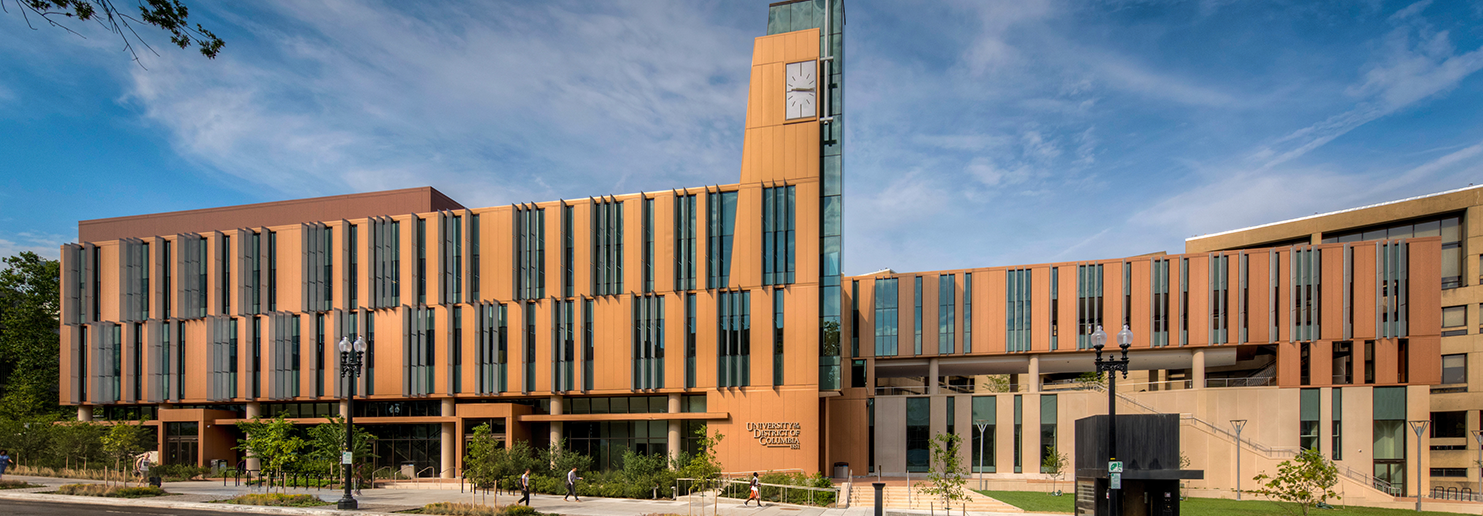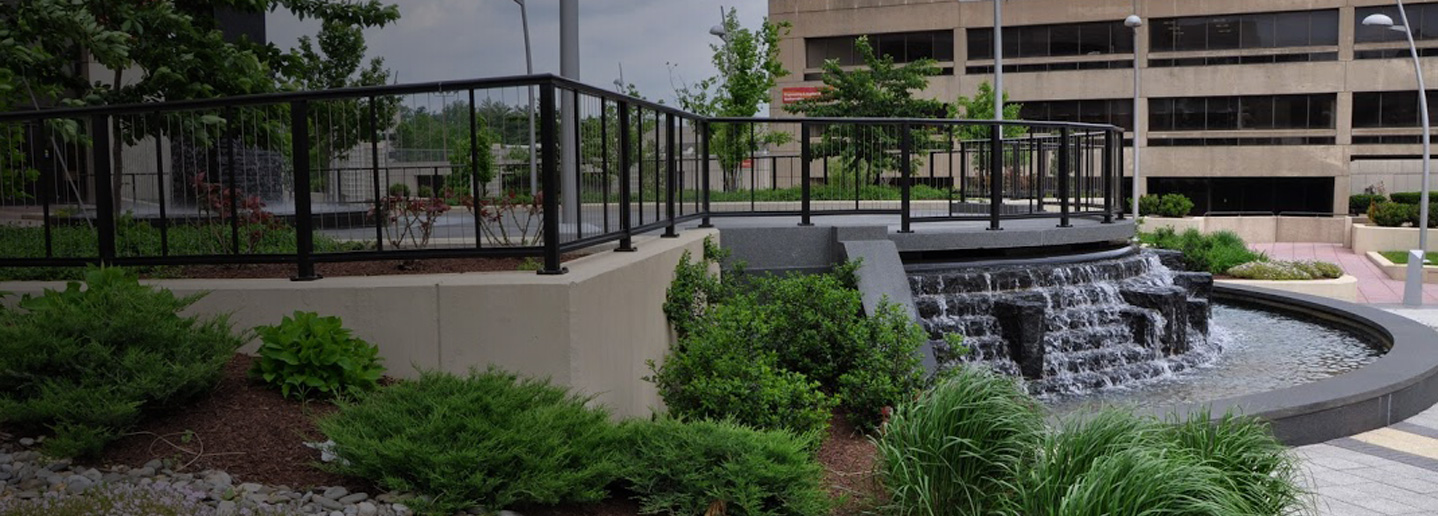Frequently Asked Questions (FAQs) about Individual Counseling
IF I GET COUNSELING DOES IT MEAN THAT I’M “CRAZY”? No. Counseling at our Center involves the concerns and problems of normal college students just like you. The fact that so many students seek our services reflects just how common these issues are. If you have privacy concerns, it may be helpful to know that students are constantly visiting us for a wide range of help. Because of this, nobody needs to know why you are at the Center unless you choose to confide in them.
WHAT IS COUNSELING? Counseling is an interaction between a person who is “stuck” in some way and in need of help, and another person who is trained in helping people get “unstuck.” The reasons for coming are many, and the counseling strategies employed also vary from counselor to counselor. The one constant is that the counselor focuses all energies on trying to help the student. It doesn’t always work, but most students find counseling helpful to them. If you feel uncertain about whether counseling is for you, we encourage you to make an initial appointment and discuss any reservations you might have with one of our counselors. There is no obligation to continue and all of our services are free to UDC students.
HOW DO I MAKE AN APPOINTMENT? Appointments may be arranged by calling 202.274.6000 or by dropping by our office. Our support staff will place you on an appropriate staff member’s schedule. Appointments can normally be scheduled within a few days from your request but may take a few weeks during the Center’s busiest times. Schedule adjustments are made, however, in emergency situations.
WHAT WILL HAPPEN AT MY FIRST APPOINTMENT? You and a counselor will discuss the issues that led you to schedule an appointment. The counselor will talk to you about how the Center is best able to provide the kind of help you need and which staff member would be most appropriate for you. When the Center is unable to provide the type of service you need or request, we will refer you to an appropriate outside practitioner or agency and assist you in obtaining services there.
WHY SHOULD I TELL A STRANGER THINGS THAT I HAVEN’T BEEN ABLE TO DISCUSS WITH PEOPLE CLOSEST TO ME? The fact that a counselor is not a friend or a family member actually makes it easier for him or her to help you. Unlike friends or family members whose advice is often colored by biases and preconceptions, counselors work to be non-judgmental, objective helpers. Your counselor will be working to understand you, your situation, and your goals.
BUT ISN’T IT GOING TO BE HARD FOR ME TO TALK ABOUT WHAT’S BOTHERING ME WITH A PERSON I DON’T EVEN KNOW? Maybe, especially in the beginning. You may feel anxious or shy, perhaps even a bit self-conscious or weak. Counselors understand that it’s normal to feel uncomfortable and cautious during the first meeting, and they try to help by promoting an accepting environment in which you will feel at ease. As you gradually begin to trust your counselor, you’ll probably find that you can be more relaxed and open.
BUT WHAT IF I CRY OR GET ANGRY AS I TALK ABOUT MY PROBLEMS? It’s okay to feel and express intense emotions in counseling; in fact, doing so is often one of the most helpful parts of the process. Your counselor’s office is a safe place to talk about how you are feeling. And paying close attention to these feelings can also teach you a lot about yourself.
WHO WILL KNOW WHAT I TALK ABOUT IN MY COUNSELING SESSIONS? Without your consent, no one. Everything you say in counseling is confidential, unless your counselor is required, by law, to break confidentiality to protect you or somebody else from harm. If you have questions about confidentiality or its limits, your counselor will be able to answer them.
HOW LONG AND HOW OFTEN ARE COUNSELING SESSIONS? Counseling sessions are normally scheduled on a weekly, bi-weekly, or monthly basis depending upon the nature of the problem. Sessions are typically 50 minutes long.
HOW LONG ARE MOST PEOPLE IN COUNSELING AT THE UDC? With only a few exceptions, students are normally in counseling for less than a semester. If the nature of the problem suggests that a greater number of sessions will be necessary, we help students to find the kind of help they need.
HOW DOES THE COUNSELING RELATIONSHIP NORMALLY END? Once you feel that the issues that brought you in for counseling are no longer of major concern, you and your counselor will talk about how and when to end counseling. Ideally, the personal awareness that you’ve gained and the efforts that you’ve made in establishing a trusting relationship with your counselor should provide an effective model for self-help long after counseling has ended.
WHAT WILL I GET OUT OF COMING TO COUNSELING? The benefits of counseling can be invaluable—to be truly understood, to experience trust and openness with someone, and to learn how to counsel yourself. Seeing a counselor won’t make all of your problems magically disappear. But, if you have the desire to understand yourself and to change, then you’ve taken a powerful step towards that goal.




